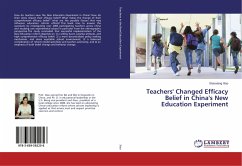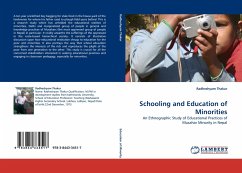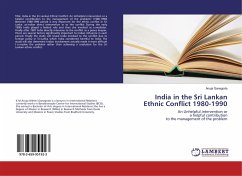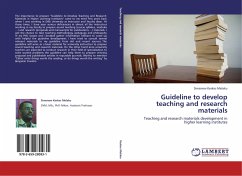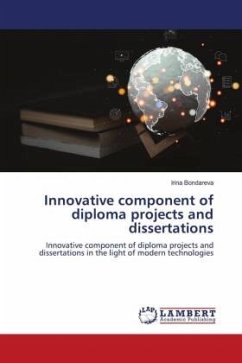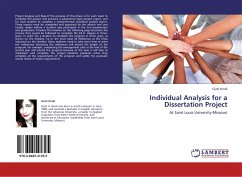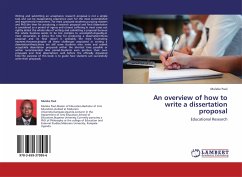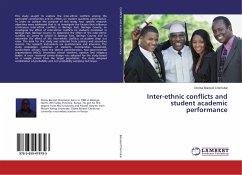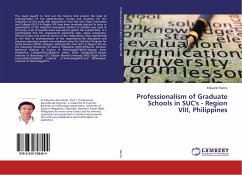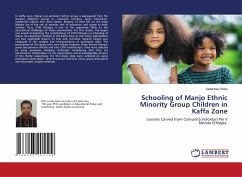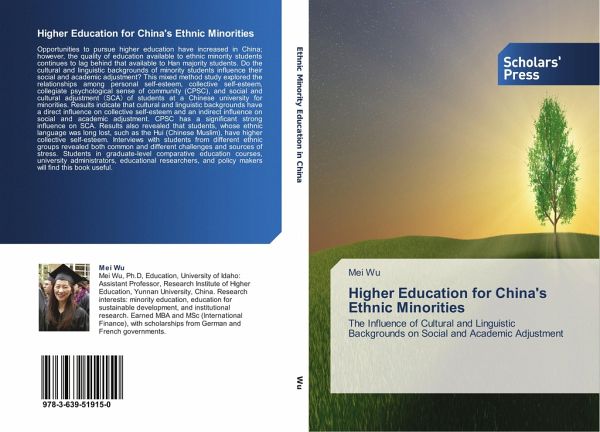
Higher Education for China's Ethnic Minorities
The Influence of Cultural and Linguistic Backgrounds on Social and Academic Adjustment
Versandkostenfrei!
Versandfertig in 6-10 Tagen
29,99 €
inkl. MwSt.

PAYBACK Punkte
15 °P sammeln!
Opportunities to pursue higher education have increased in China; however, the quality of education available to ethnic minority students continues to lag behind that available to Han majority students. Do the cultural and linguistic backgrounds of minority students influence their social and academic adjustment? This mixed method study explored the relationships among personal self-esteem, collective self-esteem, collegiate psychological sense of community (CPSC), and social and cultural adjustment SCA of students at a Chinese university for minorities. Results indicate that cultural and ling...
Opportunities to pursue higher education have increased in China; however, the quality of education available to ethnic minority students continues to lag behind that available to Han majority students. Do the cultural and linguistic backgrounds of minority students influence their social and academic adjustment? This mixed method study explored the relationships among personal self-esteem, collective self-esteem, collegiate psychological sense of community (CPSC), and social and cultural adjustment SCA of students at a Chinese university for minorities. Results indicate that cultural and linguistic backgrounds have a direct influence on collective self-esteem and an indirect influence on social and academic adjustment. CPSC has a significant strong influence on SCA. Results also revealed that students, whose ethnic language was long lost, such as the Hui (Chinese Muslim), have higher collective self-esteem. Interviews with students from different ethnic groups revealed both common and different challenges and sources of stress. Students in graduate-level comparative education courses, university administrators, educational researchers, and policy makers will find this book useful.



